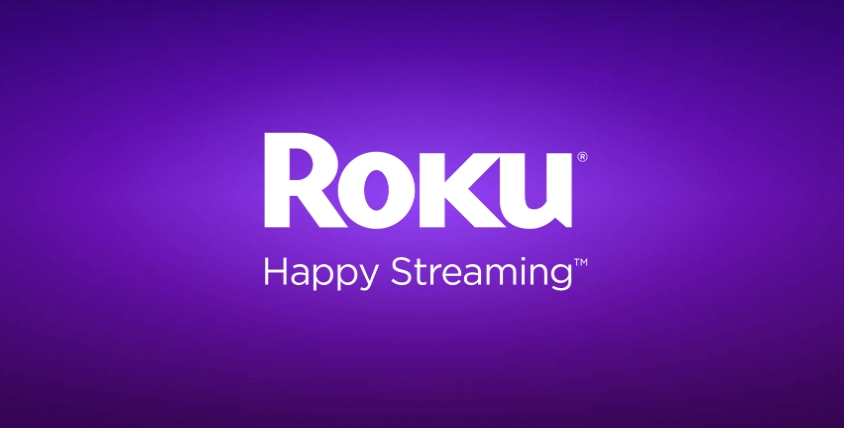What's in the US-UK economic deal?
.jpg)
LONDON/WASHINGTON, May 8 (Reuters) - The United States and Britain announced a deal to lower tariffs on some goods on Thursday, with U.S. levies on cars and steel being cut and both sides gaining better access to agriculture markets.
Below are some of the main points from the agreement:
BASIC 10% TARIFF
U.S. Commerce Secretary Howard Lutnick said the 10% basic tariff rate would remain in place.
CAR TARIFFS
The British government said the deal will reduce tariffs on some British-made cars from 27.5% to 10%.
British carmakers will be given a quota of 100,000 cars a year that can be sent to the United States at the lower tariff rate, almost the total Britain exported last year, the British government said.
STEEL TARIFFS
The British government also said 25% tariffs currently imposed on British steel exports to the U.S. will be reduced to zero.
PLANES
Lutnick said British companies would now be able to export plane parts to the United States tariff-free.
In return, a British airline is expected to buy $10 billion of Boeing BA.N aeroplanes.
AGRICULTURAL TARIFFS
The British government said there would be "reciprocal market access on beef" with British farmers given a tariff free quota for 13,000 metric tonnes.
Britain will also remove tariffs on U.S. ethanol – which is used to produce beer.
MOVIES
U.S. President Donald Trump said talks with Britain on his plan to impose tariffs on film imports would happen separately from the agreed deal.
"James Bond has nothing to worry about," he said.
FURTHER TALKS
The two sides will continue trying to agree a broader deal that will cover pharmaceuticals and reducing the remaining reciprocal tariffs.
The U.S. has also agreed that the UK will get preferential treatment in any further tariffs imposed as part of Section 232 investigations which give the U.S. president powers to restrict imports if they are found to threaten national security.
The UK Digital Services Tax remains unchanged.








